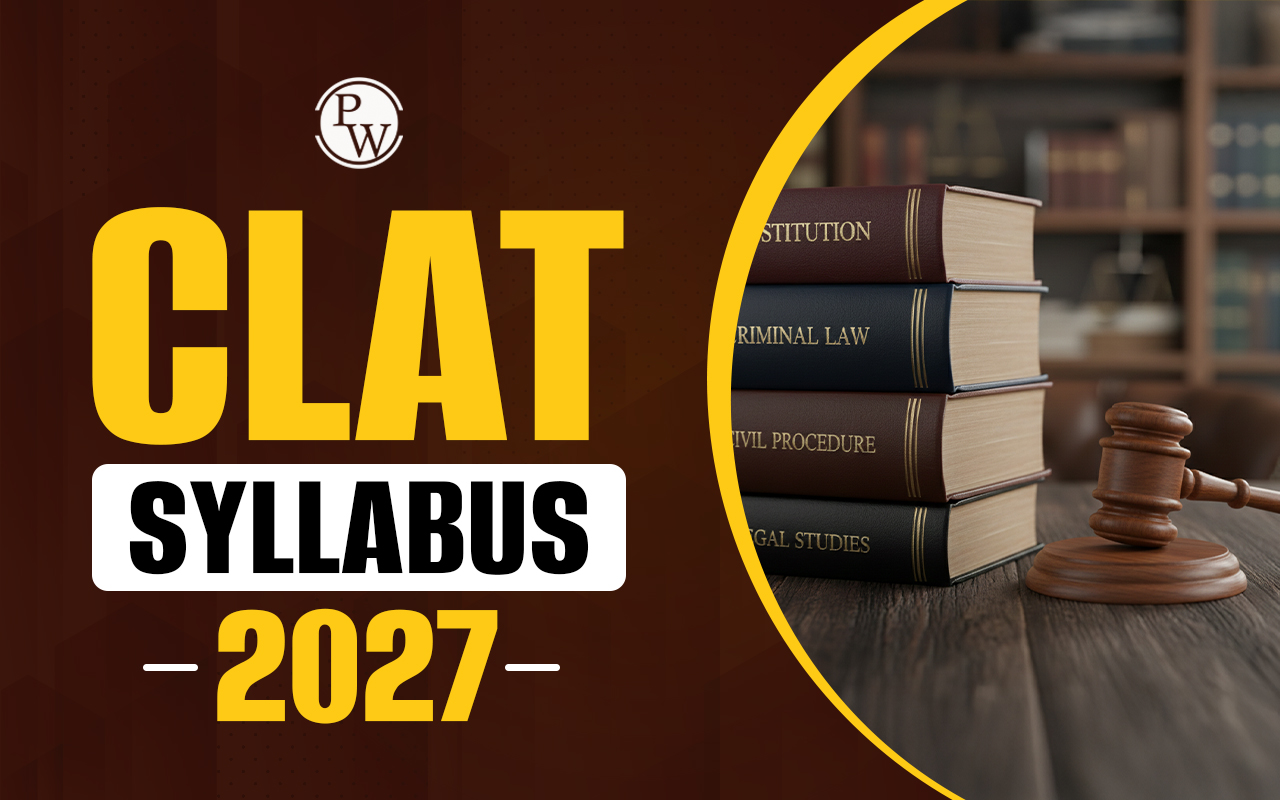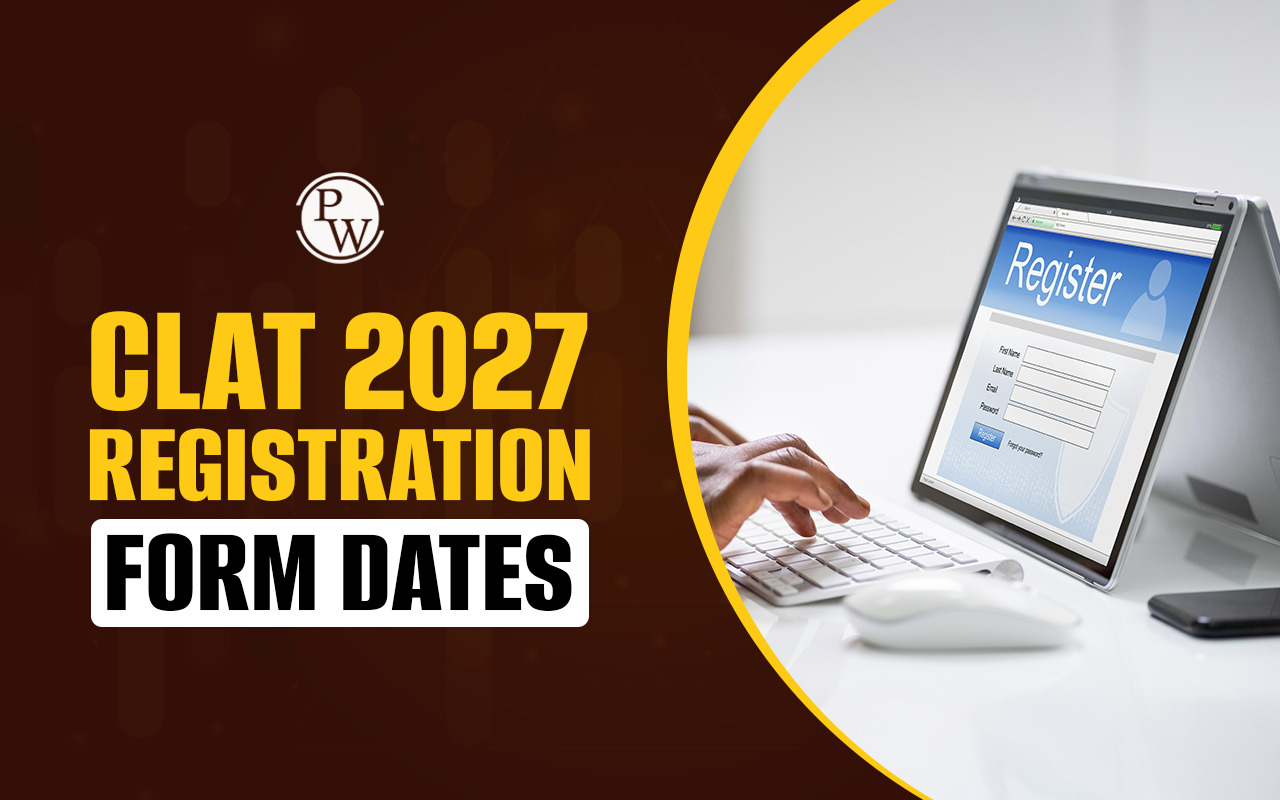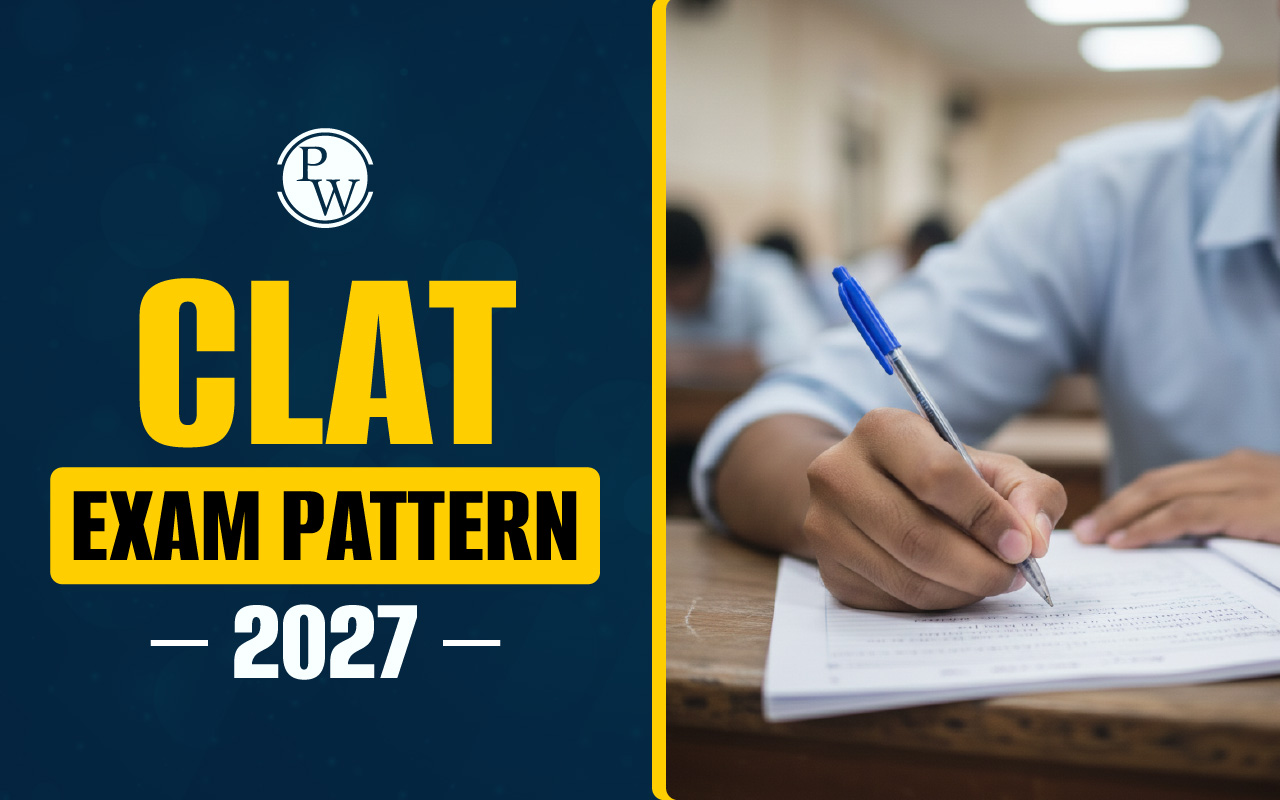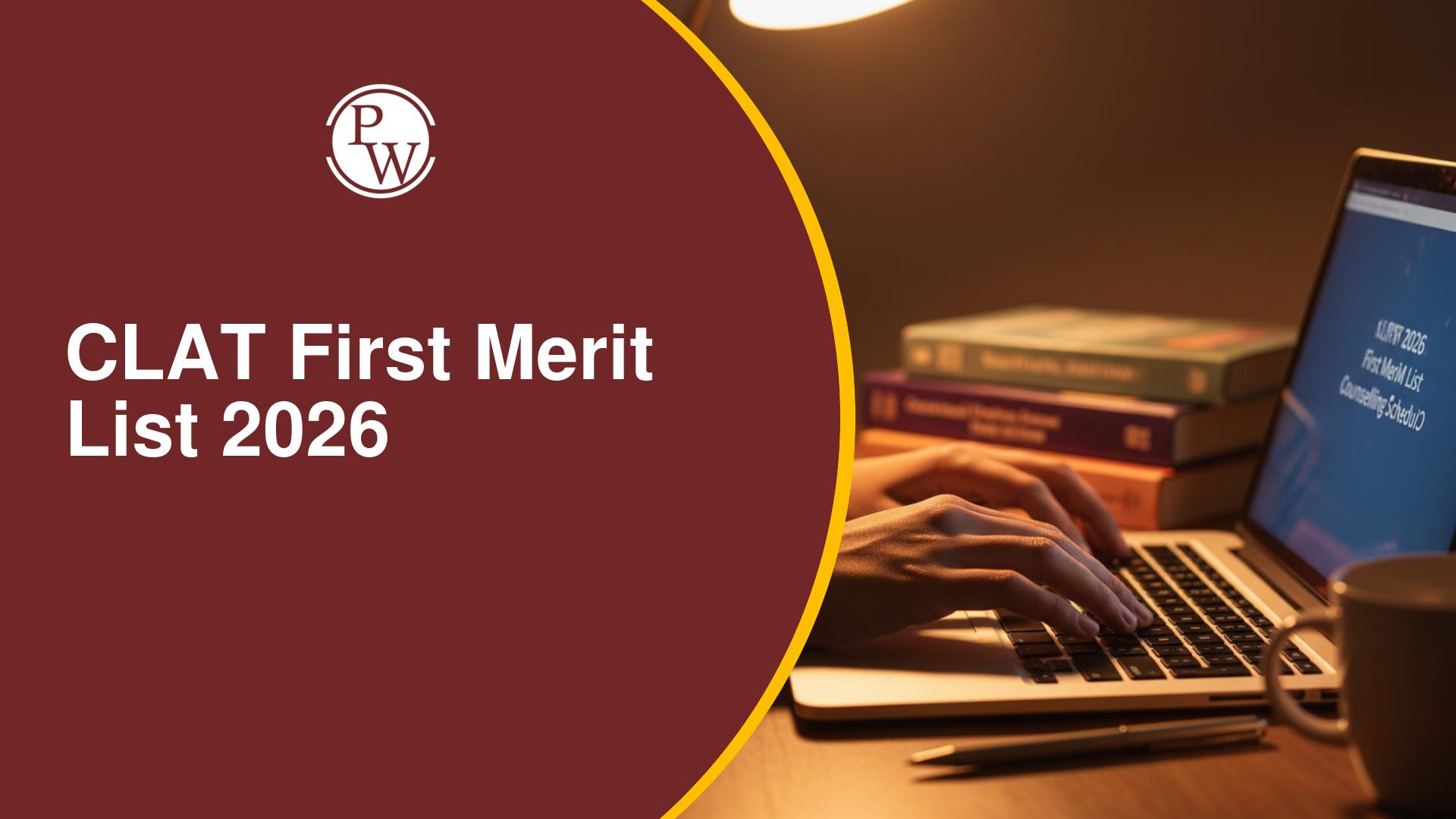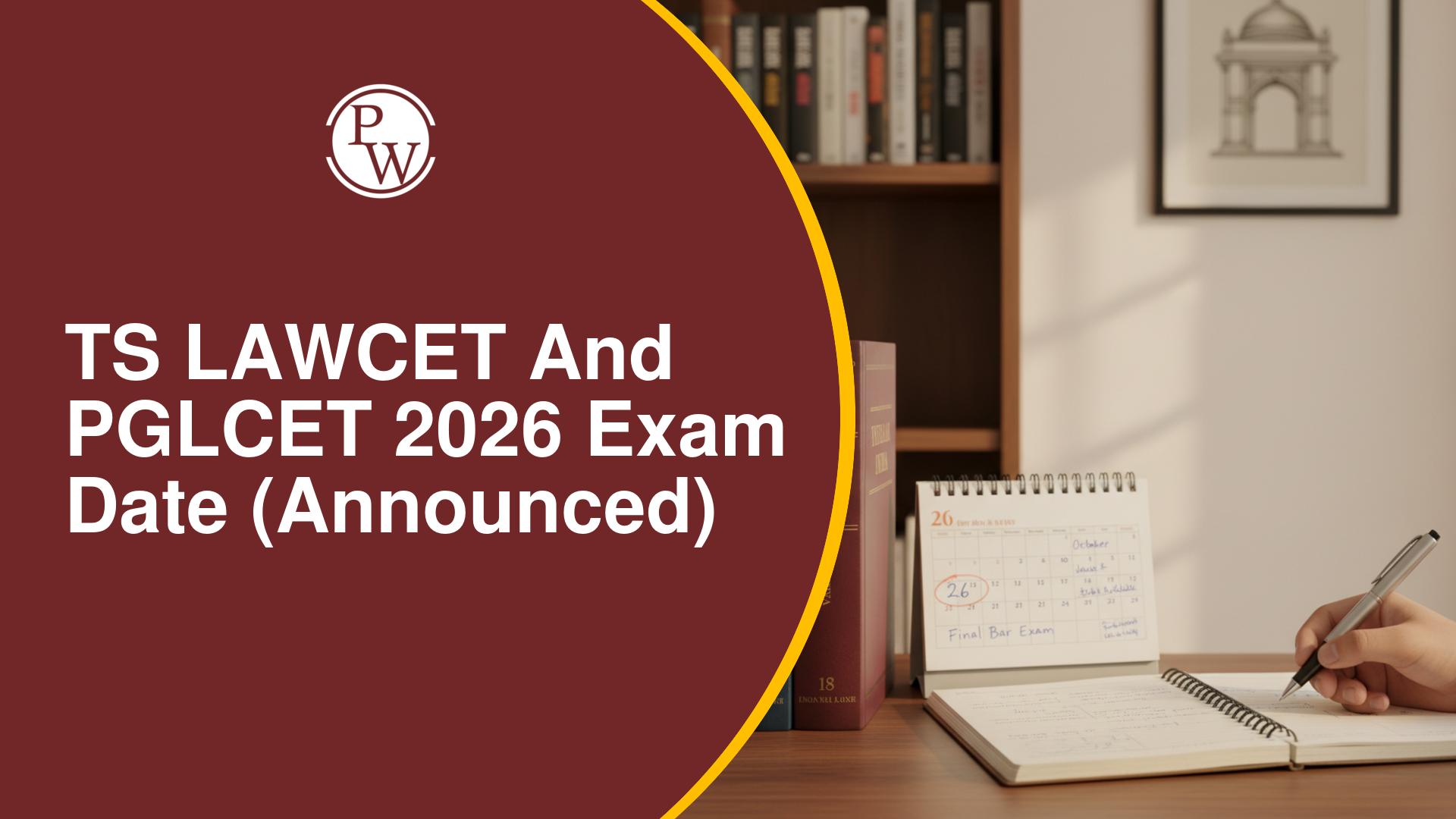
CLAT Time Management Tips 2025
CLAT Time Management Tips 2025: Doing well on the CLAT exam means managing your time wisely. Learn how to plan your study time effectively for each section. With more people competing, giving your best effort is really important. Managing your time well not only helps your score but also makes you feel more confident, less stressed, and better able to focus on what's important. This guide will show you some easy ways to manage your time for the CLAT, including how to deal with long reading passages. Check out now to learn how to make the most of your time for CLAT exam 2025 in this article.
How to Prepare for the CLAT Exam 2025
Many of you do well in individual section tests, but struggle when attempting the entire CLAT question paper. This is often due to spending too much time on one section, leaving insufficient time for others. Effective time management, both during and outside the exam, is crucial for success. Aspirants who manage their time well ensure they allocate enough appropriate time to each concept and section of the paper.
Here are some simplified CLAT time management tips for success in the Common Law Admission Test 2025:
- Identify your weak and strong sections separately. Focus on the easier and more confident sections first.
- Create a rough plan for how much time to spend on each section.
- Since the question paper includes comprehension-based questions, read and understand the passage in one go.
- Practice with Mock Tests and previous years' papers. Use a timer to improve your time management skills.
- Enhance your reading and comprehending skills by regularly reading newspapers or magazines.
- Know your speed, improve your reading skills, and practice questions of different difficulty levels.
- Quickly read through the instructions before starting to avoid any misunderstandings.
- Stay calm during the exam. If you feel stressed, take a few deep breaths to relax. Panicking can waste time and affect clear thinking.
CLAT Time Management 2025 Tips to Manage Stress
Feeling stressed during the CLAT entrance exam is common. Remember, a bit of stress is okay for our brains.
- Create a realistic study plan with breaks and leisure activities to prevent burnout and keep stress levels low.
- Regular exercise, sufficient sleep, and healthy eating can significantly impact stress levels and overall mental health.
- Incorporate mindfulness practices like meditation, deep breathing exercises, or yoga into your daily routine to reduce stress and improve concentration.
- Simulate exam conditions at home to get used to the pressure of the CLAT. This helps reduce anxiety as you become more familiar with the exam format and time constraints.
- Aim for progress, not perfection. Setting achievable goals for each study session can reduce feelings of overwhelm and increase confidence.
CLAT Time Management Tips 2025 Best Way to Handle Reading Questions
Answering reading questions in the CLAT test effectively is super important because they test how well you understand what you read. The CLAT test now focuses a lot on checking if you can understand and think about what you read in sections like English, Current Affairs, Legal Reasoning, and Logical Reasoning. Here's how to do it smartly:
- Quickly Look Over the Passage: Take a quick look at the passage to understand what it's about without getting into too many details. This saves time and gives you an idea of what to expect.
- Read the Questions First: Before delving into the passage, read the questions. This helps you know what you're searching for, making your reading more focused.
- Spot Important Words in Questions: Pick out the important words or phrases in the questions. When you go back to the passage, these guide you to the relevant parts.
- Read the Passage Carefully: Now, read the passage more carefully, paying attention to parts that likely have answers to the questions. This saves time and improves accuracy.
- Stick to Passage Info for Answers: Base your answers only on the information in the passage. Avoid using your own knowledge or assumptions not supported by the text.
- Cross Out Wrong Answers: Use elimination to narrow down your choices. Get rid of options that are clearly incorrect or don't match the passage info.
- Manage Your Time: Use your time wisely. Don't spend too long on one question. If you're stuck, move on to the next and return later if there's time.
- Practice Regularly: Regular practice with passages from previous papers and mock tests can make you faster and more accurate.
- Learn from Mistakes: After practicing, review your answers, especially the wrong ones. Figure out why you got them wrong to avoid similar mistakes later.
-
Stay Calm and Confident: Approach each passage with confidence. Staying calm helps you read and understand faster, as stress can make it harder to analyze the text effectively.
CLAT Time Management Tips 2025 Section-Wise
| Section | Time Allotted | Tips |
|---|---|---|
| Legal Reasoning | 30-35 minutes | Focus on understanding the legal scenarios quickly. Look for keywords and phrases that indicate the legal principle being tested. Analyze the given facts and apply the relevant law to arrive at a logical conclusion. |
| English | 20-25 minutes | English section is usually easier, so aim to complete it swiftly. Read passages actively, paying attention to the main idea and supporting details. Answer questions with context clues and eliminate incorrect options based on grammar and vocabulary. |
| General Knowledge | 10 minutes | Scan through questions efficiently to identify familiar topics. Prioritize questions on current affairs, legal developments, and static GK. Use elimination strategies for unfamiliar topics and focus on answering confidently. |
| Quantitative Techniques | 15 minutes | Use basic calculation skills to solve problems swiftly. Prioritize questions on arithmetic, percentages, and ratios. Break down complex problems into simpler steps and double-check calculations for accuracy. |
| Logical Reasoning | 25-30 minutes | Deduce logical patterns and solve problems systematically. Identify relationships between given statements and use them to answer questions. Practice identifying assumptions, strengthening/weakening arguments, and drawing logical conclusions. |
CLAT Time Management Tips 2025 FAQs
Why is time management important for acing CLAT 2025?
How do I prepare for CLAT 2025?
How to manage time in common law admission test 2025?
How to master CLAT time management skills?
How many hours a day should I study for CLAT 2025?


